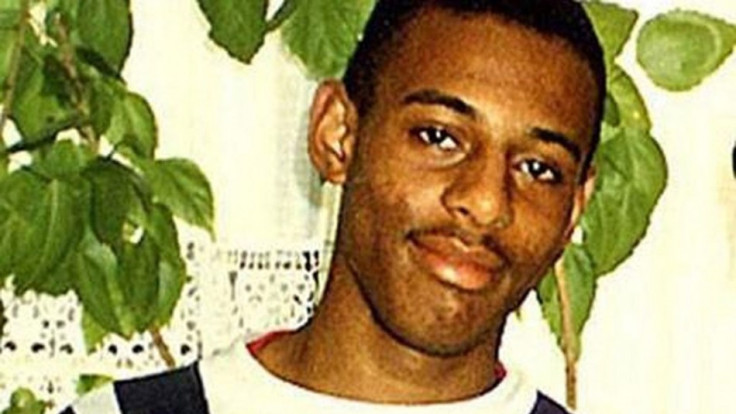Stephen Lawrence Smear Campaign Claim Probe Dropped by IPCC

The body charged with investigating complaints against the police has said it cannot investigate claims of a smear campaign against the family of murdered teenager Stephen Lawrence because of lack of evidence.
The Independent's Police Complaint's Committee (IPCC) said its investigators had been unable to speak to former undercover officer Peter Francis, who first made the claims of a smear campaign by Metropolitan Police, about the allegations.
The IPCC would, however, investigate claims that former police chief Sir Norman Bettinson tried to influence witness evidence at the public inquiry following Lawrence's murder.
The IPCC said that the alleged tampered witness was not one of the Lawrence family.
Posing as an anti-racism campaigner, Francis claims he was under huge and constant pressure "to hunt for "disinformation" to use against the family and others who criticised the police in the wake of the murder in 1993.
Francis had previously called for a "Leveson-style" public inquiry into the allegations.
IPCC deputy chairwoman Deborah Glass said: "I have written to Mr Francis to ask if he would be willing to speak to the IPCC. I have not yet had a response, so can only rely on his statements as reported in the Guardian that he is only willing to assist a public inquiry.
"While the allegations are serious, and indicate potential grave misconduct, there is as yet no information or evidence to support them and the fact that the maker of the allegations is unwilling to talk to anyone in a position to investigate them means that their credibility cannot properly be assessed."
Racism as a factor
The watchdog found no evidence of misconduct at Greater Manchester and South Yorkshire Police in relation to the case.
Bettison was referred to the IPCC by West Yorkshire Police and Crime Commissioner Mark Burns-Williamson.
Part of the investigation into the former chief constable of West Yorkshire Police will look into whether racism was a factor behind a report he allegedly commissioned into a witness who gave evidence at the Macpherson Inquiry into the police handling of the murder.
Glass said: "From the evidence provided in support of the referral, although there is a suggestion that the reason for carrying out the research was to risk-assess the likelihood of any public disorder, the intelligence gathering requested appears to have been both inappropriate and intrusive.
"In the absence of legitimate justification for the research there is an indication of misuse of police information systems and unlawful processing of the witness's [sensitive] personal data by all involved. This would be a clear indication of recordable conduct concerning this tasking.
"This matter therefore requires investigation. The investigation should also consider whether the tasking was motivated or influenced by racial discrimination."
© Copyright IBTimes 2025. All rights reserved.






















